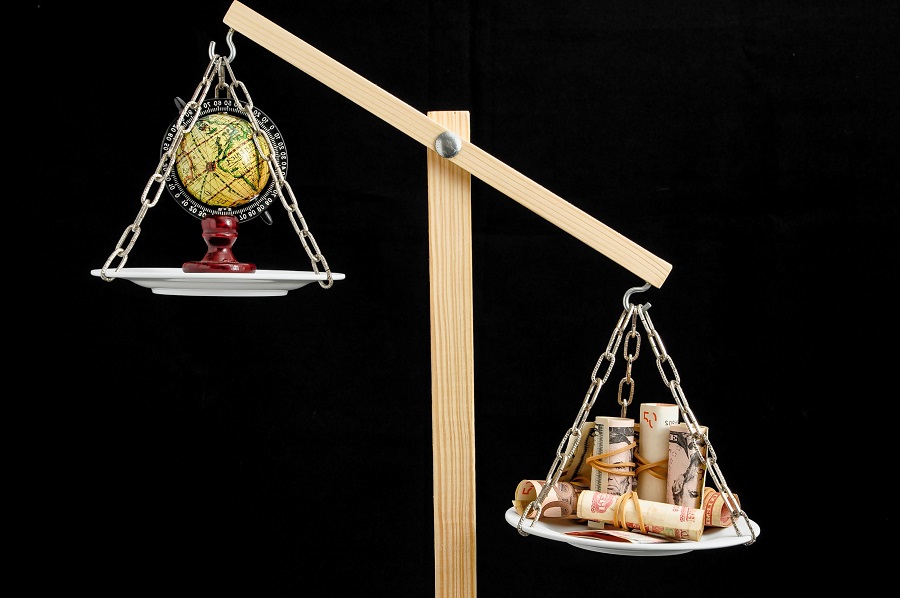Balance of power

The main driver in the organization of our political and economic institutions needs to be Balance of Power.
Society is an ongoing struggle between opposing forces. Liberal and conservative, rich and poor, male and female, capital and labor, engineering and marketing, head and heart, nation and other nation. In any of these cases, too much power on one side will erode trust in institutions, consolidate power, increase corruption, and limit freedom.
The best results are obtained when these opposing forces work together as a Team of Rivals, bringing their best qualities to the table, and having trust that the balance of power will be maintained.
Let's use the example of regulatory burden. Conservatives hate it and want to get rid of regulations. Liberals see their value and tend to look for and propose more regulations, without as much regard to the burden they impose. In a healthy political system they would work together to make regulations as efficient and effective as possible with the least paperwork and cost required to do the job well. However, due to the localized power imbalances allowed through gerrymandering in the US, individual representatives no longer have incentives to make such compromises.
Our political and economic institutions should be structured so that opposing forces in any area are balanced and incentivized to compromise by sharing in the profits of success.